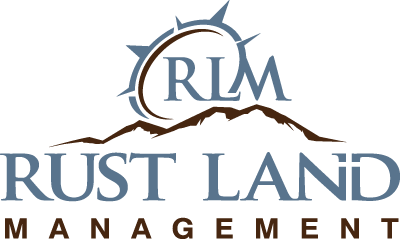Entitlement and civil plan management are essential components of any land development project. Entitlement management involves navigating the complex process of obtaining government approvals for a project, while civil plan management involves the design and coordination of site infrastructure, including roads, utilities, stormwater management, landscaping, and permits. These processes can be time-consuming, expensive, and fraught with risk, which is why many developers choose to work with a land development consultant. In this blog post, we will explore the benefits of using a land development consultant for entitlement and civil plan management.
Benefits of Using a Land Development Consultant
- Expertise: A land development consultant has extensive experience navigating the entitlement process and designing civil infrastructure, ensuring that the project meets all relevant regulatory requirements.
- Efficiency: A consultant can streamline the entitlement and civil plan management processes, helping the project move forward more quickly and cost-effectively.
- Cost Savings: A consultant can help identify cost savings opportunities, such as reducing infrastructure requirements, optimizing site design, and minimizing delays in the entitlement process.
- Risk Management: A consultant can identify potential risks associated with entitlement and civil plan management, such as environmental concerns or legal issues, and develop strategies to mitigate those risks.
- Local Knowledge: A consultant can provide valuable local knowledge, including relationships with government officials, understanding of local regulations and zoning, and insight into market trends.
How a Land Development Consultant Can Help with Entitlement Management
- Pre-Application Consultation: A consultant can provide guidance on the entitlement process, including identifying the necessary permits and approvals, developing a timeline, and preparing necessary documents.
- Permitting and Approval Coordination: A consultant can manage the approval process, including preparing and submitting applications, responding to agency comments, and coordinating with government officials.
- Efficiency: A consultant can streamline the entitlement and civil plan management processes, helping the project move forward more quickly and cost-effectively.
- Cost Savings: A consultant can help identify cost savings opportunities, such as reducing infrastructure requirements, optimizing site design, and minimizing delays in the entitlement process.
- Public Engagement: A consultant can develop and implement a public engagement strategy to ensure that the project is well-received by the community and stakeholders.
- Compliance: A consultant can ensure that the project is in compliance with all relevant regulations and laws, including environmental requirements and zoning restrictions.
How a Land Development Consultant Can Help with Civil Plan Management
- Site Assessment: A consultant can conduct a site assessment to identify constraints and opportunities for the project, including environmental concerns, infrastructure needs, and zoning restrictions.
- Design and Engineering: A consultant can coordinate the design for the civil infrastructure for the project, including site layout, grading, stormwater management, utilities, roadways, and landscaping.
Conclusion
Entitlement and civil plan management are essential components of any land development project. Using a land development consultant provides numerous benefits, including expertise, efficiency, cost savings, risk management, overall project schedule reduction, and local knowledge. A consultant helps with various aspects of entitlement and civil plan management, including pre-application consultation, permitting and approval coordination, public engagement, site assessment, design and engineering, and construction management. By working with a consultant, developers can ensure that their projects are completed successfully, on time, and within budget.
